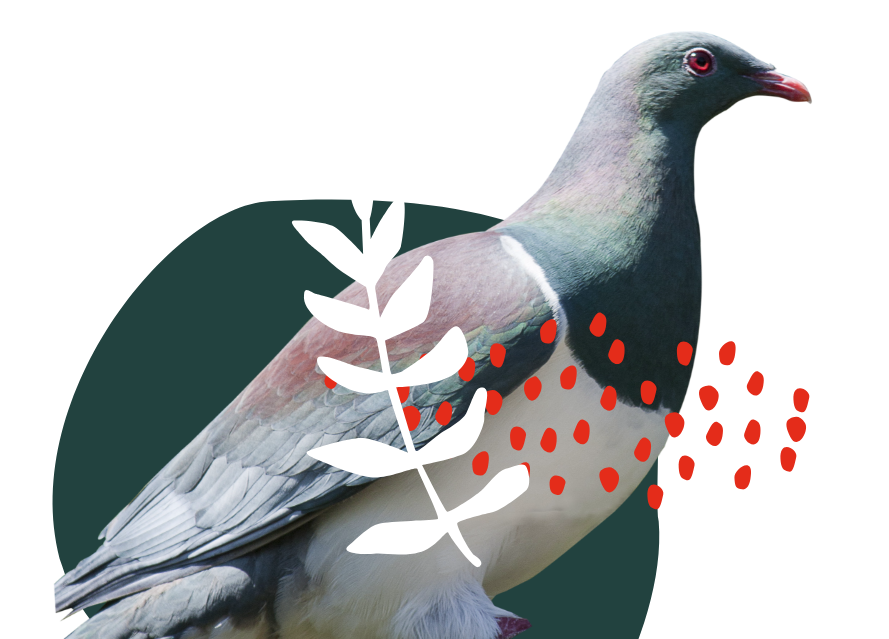Biodiversity, short for biological diversity, describes the variability amongst biological life from all sources, the communities they form and the ecosystems in which they reside. It is essentially the variety of life on earth. And it’s why our mahi to get rid of predators is so important.
New Zealand’s rich biodiversity is among the most unique in the world, with an estimated 80,000 endemic species. This means that they can’t be found anywhere else in the world, and it’s our responsibility to conserve and protect them. Examples of our indigenous biodiversity are the kiwi, weta and kauri tree.
So, why is biodiversity so important for our future? Simply put, it provides supporting systems that are vital for our everyday lives. A loss in biodiversity is irreversible; once a species has become extinct, there’s no going back.
The importance of biodiversity can be broken down into three key areas; the environment, identity and culture, and the economy.
Biodiversity and the Environment
A healthy and diverse ecosystem is naturally more resilient and more likely to survive a disaster. Whether or not we realise it, each and every species serves a unique purpose. Our native forests work to purify the air and provide carbon sinks, while our wetlands purify water and reduce the impacts of flooding by absorbing heavy rain and stabilising shorelines. Biodiversity is a potential ‘nature-based solution’ to climate change.
Identity and Culture
Our biodiversity is a big part of our identity as a country, drawing in visitors from all over the world. New Zealand is considered a biodiversity ‘hotspot’ and our unique landscapes provide opportunities for recreational activities such as hiking, camping and fishing.
For Māori, the connection to our ecosystem is even stronger. It’s one of kinship, or whakapapa. Māori believe that people are the kaitiaki of these ecosystems, meaning they are guardians with a responsibility to both protect and strengthen. There is a sense of unity between people and all other living things.
The Economy
As well as the natural and cultural benefits of biodiversity, it is also an extremely important part of our economy. While our unique flora and fauna lure tourists into the country, our land provides an essential agricultural resource. Farming, forestry and horticulture, three of New Zealand’s most important primary industries, rely on the resources provided by our diverse ecosystems. They provide us with timber, medicine, fuel and many other things that are necessary for our day to day lives.
The way we currently use our land, combined with an increase in disease and invasive pests, has put our ecosystems at serious risk. Biodiversity is essential to the health of our planet and humanity as a whole, and it is our responsibility to protect it for future generations.



